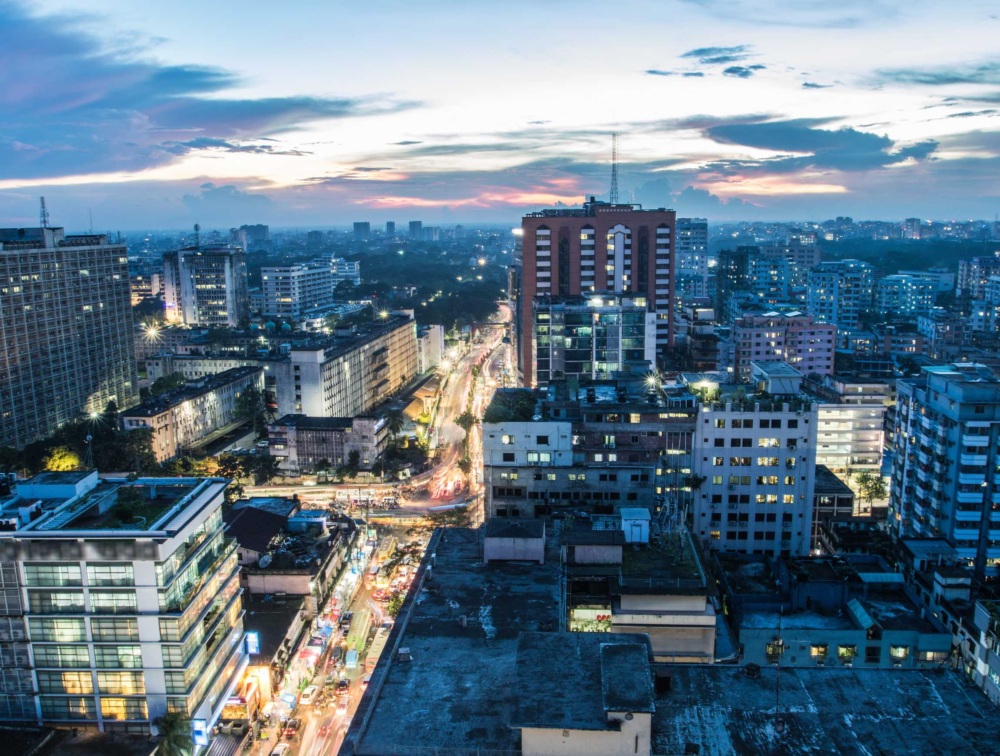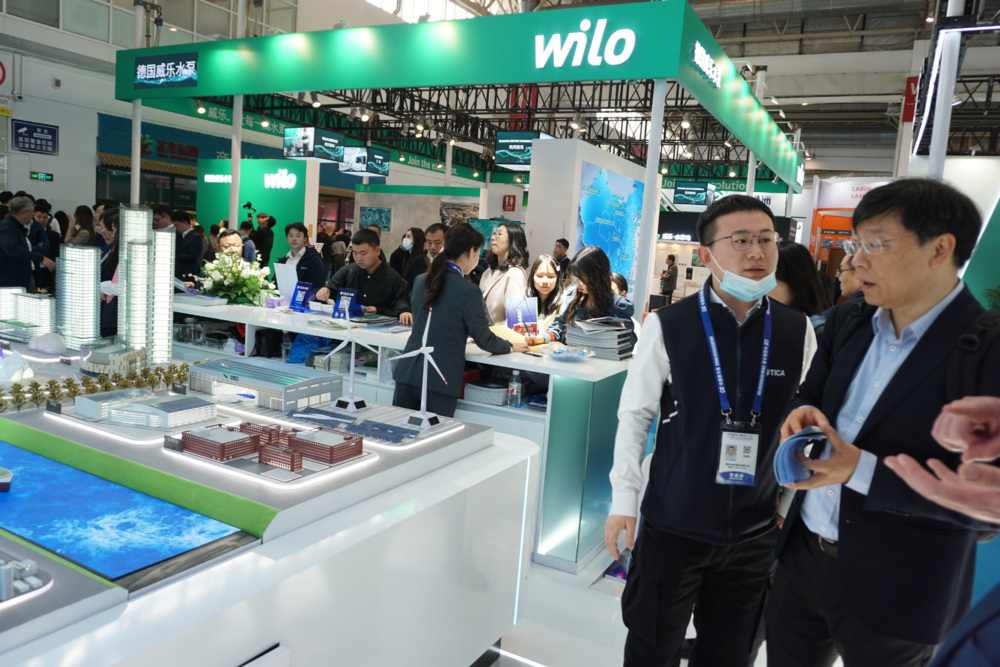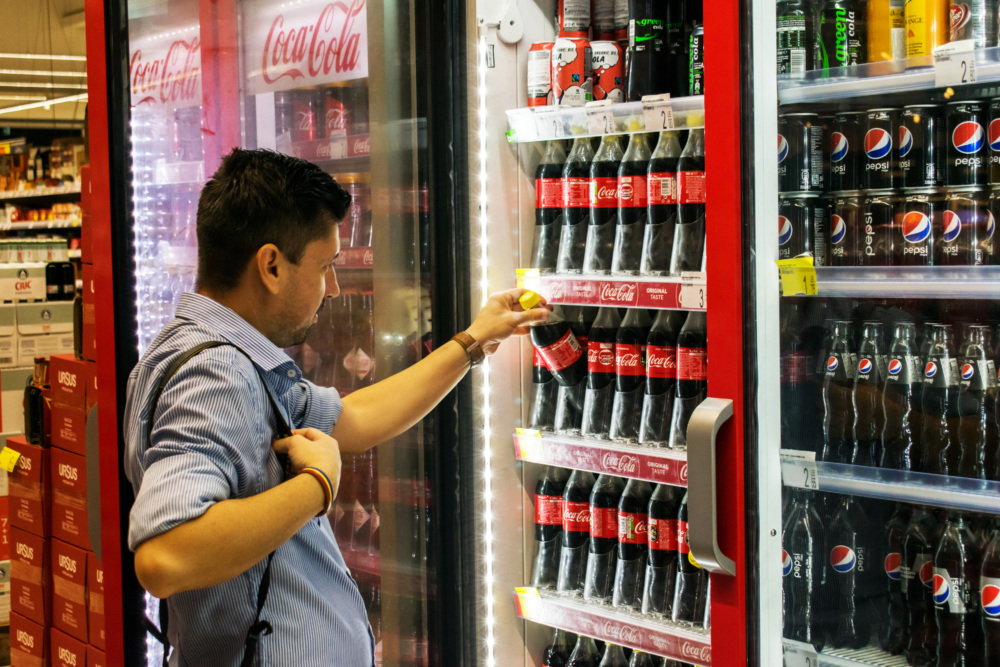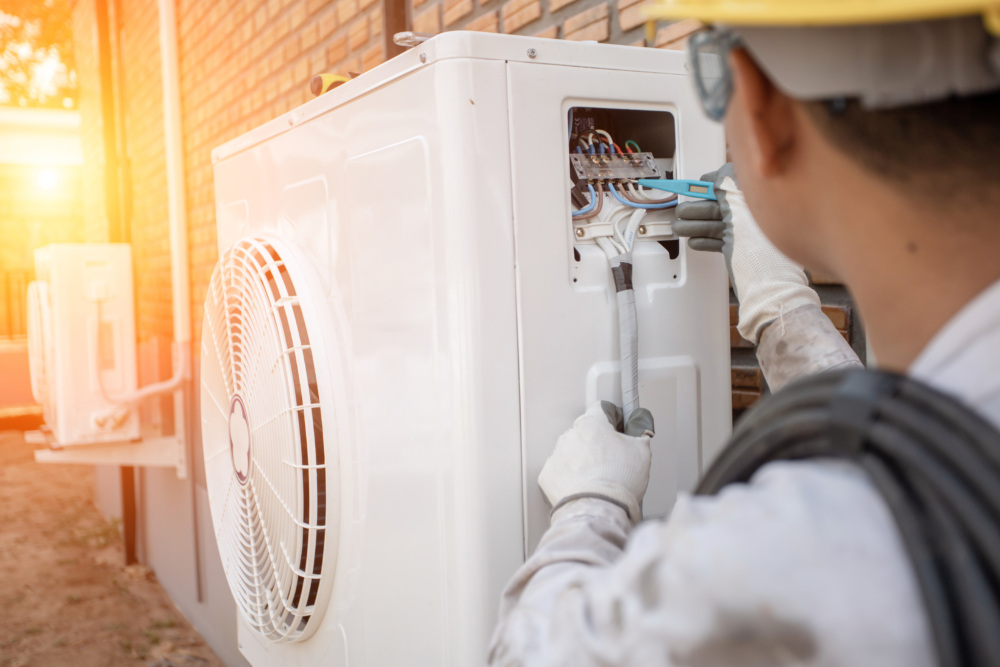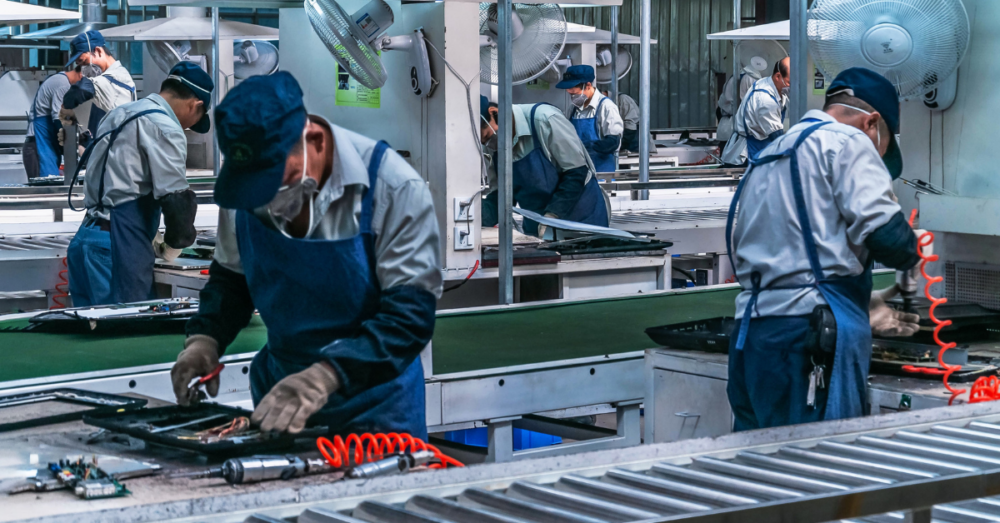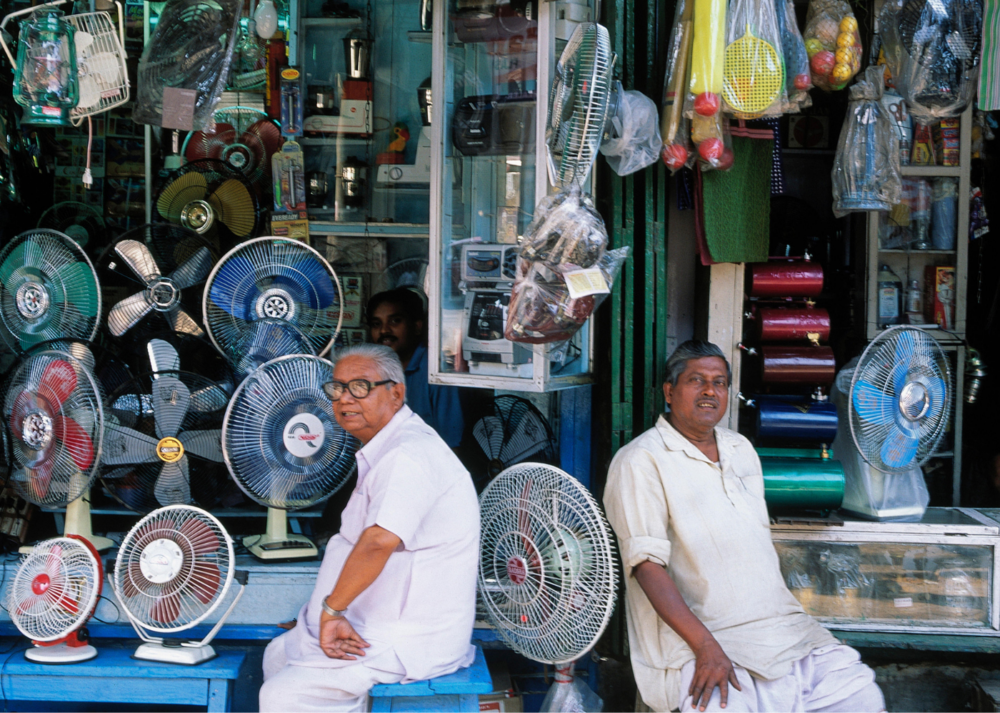New Visi Cooler Policy could Save Pakistani Shopkeepers Millions
CLASP supported a new refrigerated display case (visi cooler) policy that could save Pakistani shopkeepers millions through reduced energy costs, if adopted as proposed.
The importance of cooling appliances to human health and wellbeing cannot be understated, especially in countries like Pakistan, where record-setting heat waves will only increase as the climate warms. Since 2016, CLASP has been working with local partner HIMA^Verte to help national stakeholders deliver a sustainable future for cooling in Pakistan. On 28 February 2022, our team submitted a final proposal for the introduction of minimum performance requirements and comparative labeling for refrigerated display cabinets, locally known as visi coolers.
Visi Coolers in Pakistan
Visis are ubiquitous in Pakistan, with almost every small store having at least one but often several. Nationwide, there are already an estimated 1.5 million visi coolers; this number is projected to climb to 2.4 million by 2030. While necessary, this increased cooling load will simultaneously exacerbate greenhouse gas emissions and increase energy costs for people already facing economic turbulence. Mitigating these negative impacts is critical, and the recent policy proposal aims to do just that, potentially saving shopkeepers a staggering ₨.160 billion PKR ($900 million USD) by 2030, as well as reducing carbon emissions by 2.9 Mt.
Displaying everything from chilled soda to fruit juices and water, visis serve as an important source of income for shopkeepers. Although they benefit from the use of the visis, shopkeepers neither own the units nor have much of a choice over which ones are installed. Even so, they foot the bill for all the electricity the units consume – typically around ₨.50,000-₨.100,000 PKR/year ($270-$540 USD/year).
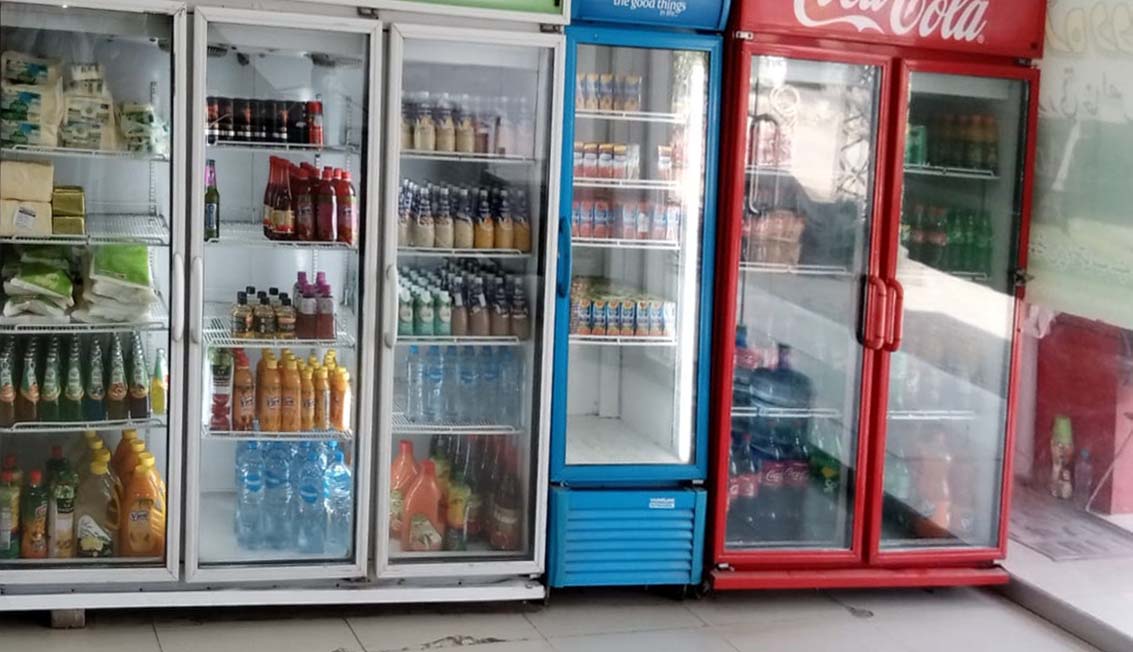
Almost 90% of visi coolers are owned by global companies. These companies typically procure visis against global specifications which align with their corporate sustainability goals. The units are then supplied to shopkeepers to display the international and local branded drinks. Visi procurement specifications are generally viewed as commercially sensitive, so their users have little understanding of the resulting operational costs. There is also no mechanism to check if products are compliant with the original procurement specifications.
In situ testing
So, to understand actual visi performance, our team worked with local retailers and installed monitoring equipment to collect real-time energy consumption data over several weeks. A small number of new units were also purchased and tested against international standards in a laboratory setting.
Interestingly, the laboratory tests indicated the new units were not meeting the performance levels specified by the global beverage brands, with energy consumption 10-20% above typical minimum requirements.
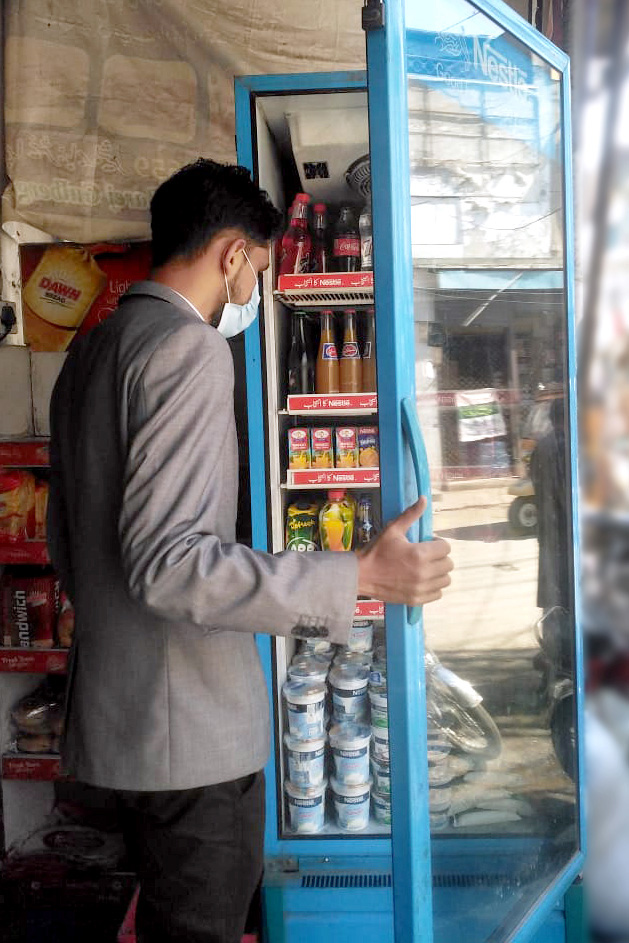
Due to high ambient temperatures and frequent door openings, units in the field typically consumed 50% more electricity than in the lab.
Real market understanding is critical: In-store testing showed that sophisticated energy management control of visis would have little impact in Pakistan, as units were manually turned off during slow retail periods and at night. Despite efforts to cut energy costs with these strategies, shopkeepers were still paying exorbitantly for inefficient appliances.
Collaborative policymaking
When presented with the locally collected data and evidence of more efficient models available in international markets, local stakeholders showed universal interest in upgrading their equipment. Through a series of one-on-one meetings and larger workshops, our team worked with stakeholders to explore options for technical improvements and their ensuing economic impacts. During this highly collaborative process, proposals were developed for minimum performance standards based on the new ISO international test method and closely aligned with existing corporate specifications.
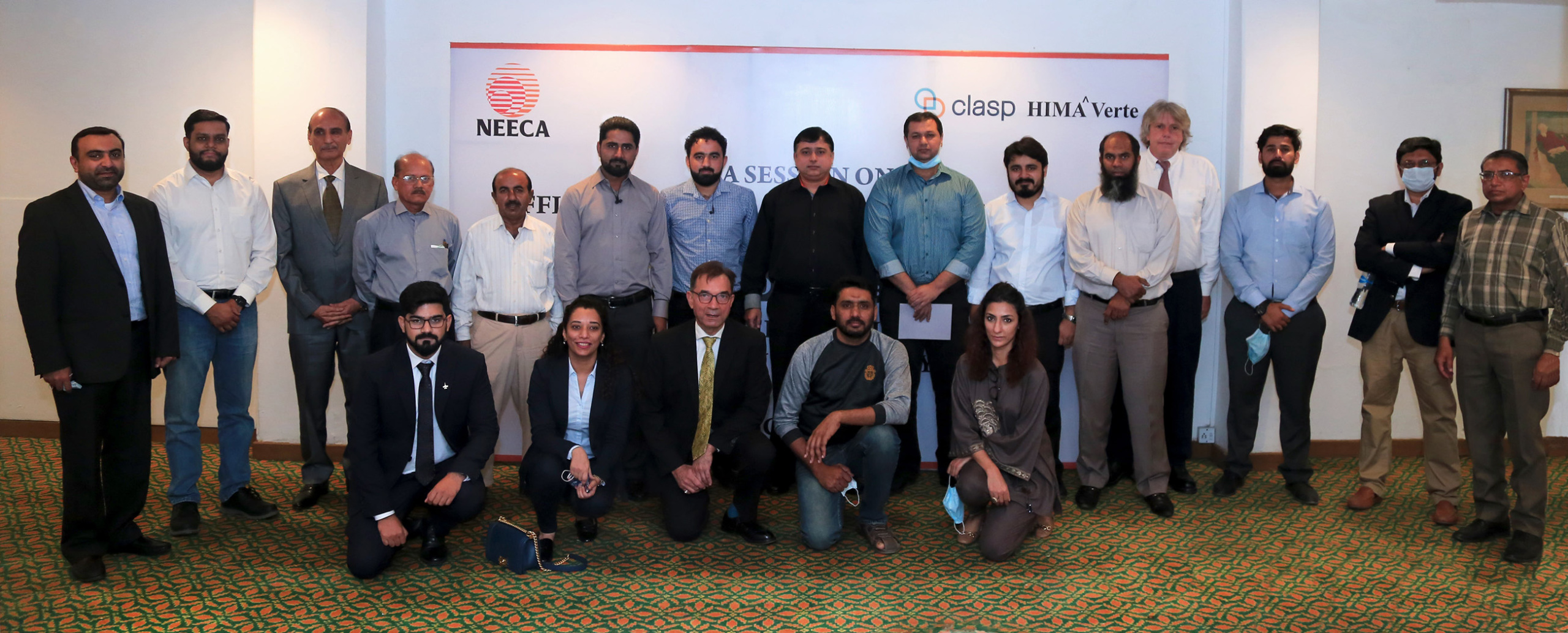
Most importantly, the standards would now be mandatory and subject to independent performance verification to ensure compliance. These minimum requirements will be combined with a 5-star labeling program that gives consumer-facing visibility to the comparative performance of units. The proposed visi cooler policy has already influenced one major purchaser to commit to buying only 3-star products, a significant improvement over those currently procured.
The proposed policy has an effective start date of 1 January 2023, with the next step for stronger requirements set for 2025. The proposals now sit with the National Energy Efficiency & Conservation Authority and Pakistan Standard & Quality Control Authority for formal review and adoption.

